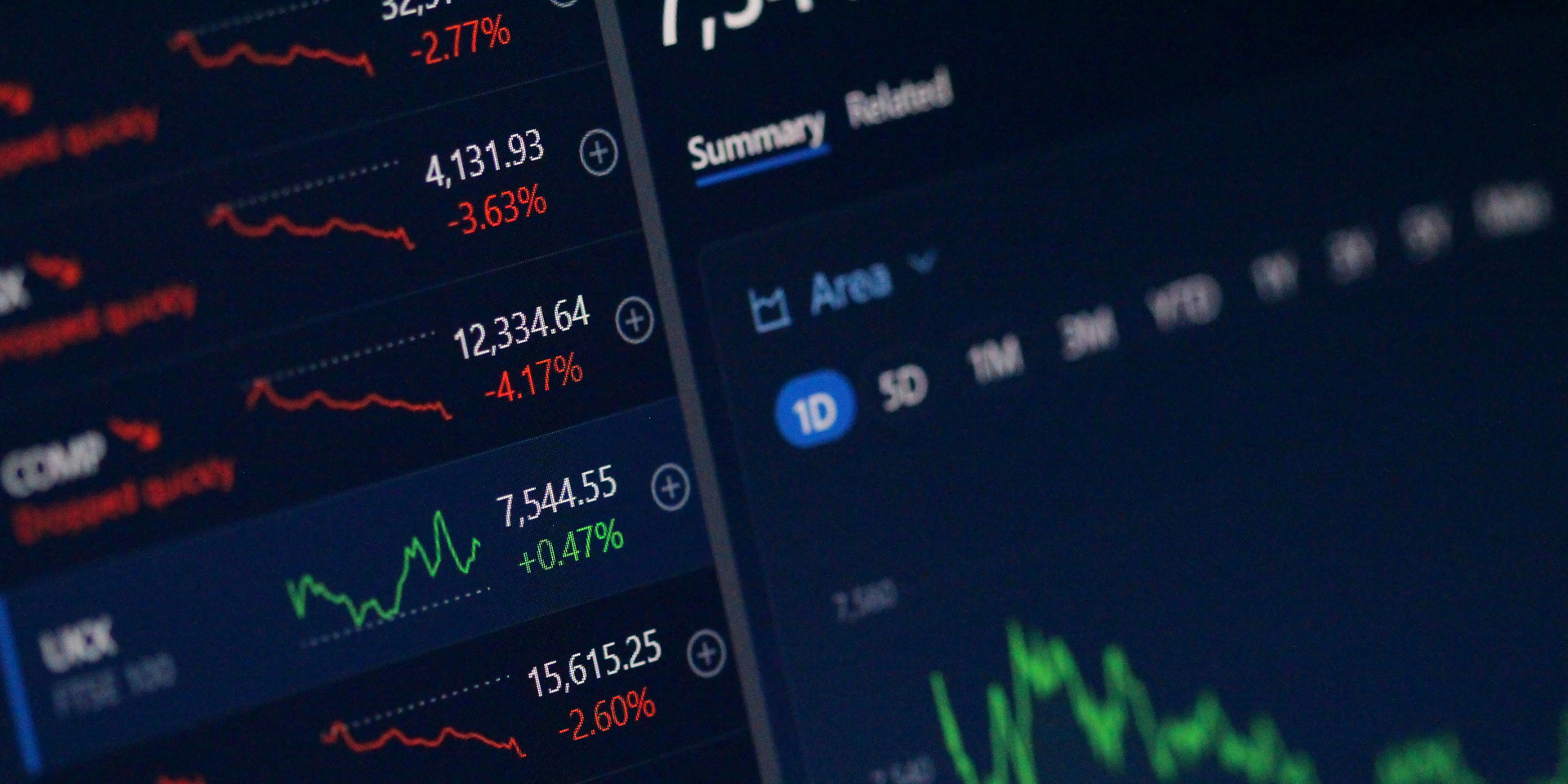Ever since the global community adopted the United Nations Sustainable Development Goals (SDGs) in 2015, we’ve been waiting for the business community to show meaningful leadership. In Canada, I think we see it now!
This study, commissioned by the Canadian government last November, asked over 30 Canadian businesses if they had heard of the UN’s global goals which are the blueprints to address worldwide challenges, including poverty, inequality, climate change, and environmental degradation, by 2030 and to put society on a secure path.
The study interviewed companies known to have established corporate social responsibility practices. Respondents spanned the country and represented a broad cross-section of Canadian industry, from small business to large multi-national companies. Interviewees were from public, private and co-operative firms, held mostly senior leadership positions and managed sustainability or corporate social responsibility portfolios.
Remarkably, all 32 businesses had heard of the SDGs and more remarkable still, many of them were using the goals to inform not only their corporate strategy, but also their business models and core value propositions!
As the chart below shows, there is a continuum of engagement with the SDGs by companies who use them as a benchmark tool to assess alignment.
At the one end are the companies that usually report on their alignment with the SDGs, but in reality, very little is different. Nothing about their business is changed, but they can communicate their ongoing efforts to impact society in a positive way.
| Continuum of UN SDG Engagement | |||||
|---|---|---|---|---|---|
| No activity on the SDGs | Educate staff, assess alignment on the SDGs | SDGs inform CSR strategy and report | External engagement on the SDGs (customers, sectors) | SDGs inform corporate strategy | SDGs inform corporate purpose and business model |

Further along the impact scale are companies that use the SDGs to inform their corporate social responsibility strategies. They assess which of the SDGs are most material to their business, and that they can affect through their business. Then, armed with this information, they identify their CSR priorities. Better.
And then, further out, we can spot companies that are using the SDGs to set their corporate strategies. These companies research the compelling SDGs that will create risks or opportunities for the firm and identify those to address through their business strategies. Interested in a tool to help with this exercise? Check it out here: SDGs as Risk and Opportunity.
And who do we find at the high-impact end of the continuum? Why the social purpose company, of course! As revealed in the study, this kind of company is using the SDGs to identify the enterprise’s reason for being, its north star, its core ambition. The companies that use the SDGs to inform their essential business models will put themselves, their customers and society on a path for a more secure future. By using the SDGs to inform their societal quest, and the issues on which they will take a stand, they can bring all their assets and relationships to advance social change – and to build a customer movement around their brand.
These companies will not only make a social difference, but they will become an engine for good, attracting the partners, resources and revenues to put their businesses on a profitable path and scaling their potential for impact. A classic win-win, and a high-water mark for purpose.


